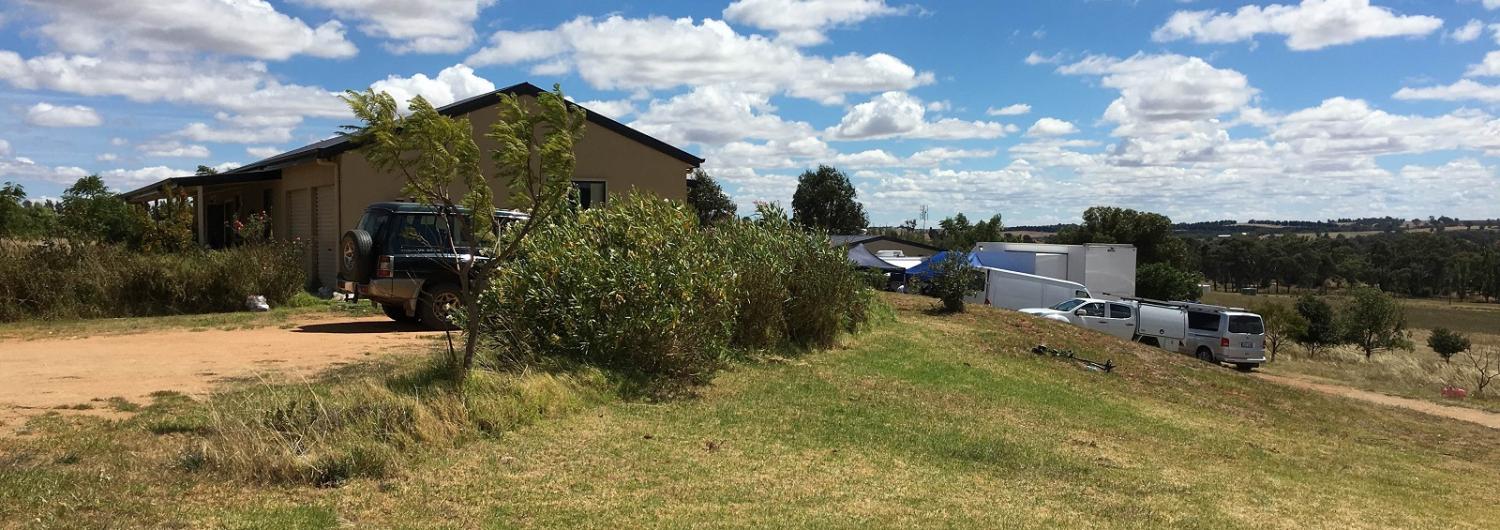On Tuesday the Australian Federal Police arrested a man for attempting to provide Islamic State with advanced missile technology. What is unusual about the arrest of this Australian-born electrician is the location; not an urban centre but a remote property north of Young in the South West Slopes region of NSW. This worrying sign that extremism has reached rural Australia prompts a fresh look at three drivers of extremism: ideology, economics, and politics.
At the core of Islamist extremist ideology is a narrative of ‘Us vs Them’. The idea that we are either victims or superior to others has created a radicalising force strong enough to reach those thousands of miles away from the war in Syria and Iraq. Thanks to information and communication technologies, extremist ideology is not limited to Muslims exposed to hate at the Madrassash in the Middle East or in Afghanistan and Pakistan. The ideology now reaches easily to the Muslims in the West who can absorb the same hateful content over social media and get radicalised in the process.
Surprisingly many people view extremism as a result of a lack of education and believe more education will reduce extremism. The reality is that, in most cases, extremism is due to education – the wrong kind. In schools in Pakistan for instance, from the very early grades the curriculum encourage children to develop prejudice against the minorities. The result is reflected in Pakistan’s disturbing treatment of minorities, subject to harsh discrimination and violence.
Moving on to driver two: economics. If we were to mark out the most volatile regions, those are the breeding grounds of extremism, on a world map it would quickly become apparent these are also the poorest countries in the world.
In nations where majority of the population survives on less $2 per day and lacks basic necessities including drinking water and food, the path to extremism is easy. In such countries the lack of opportunity is dire. The rich get richer and the poor get poorer due to state policies that are discriminatory, political leadership that is corrupt, and education that is different for poor and rich.
For people from these countries who migrate to Western developed nations, the messages and images that come out of their home countries often leave them feeling deeply disturbed and grieving. These images can also encourage extremist political opinions.
I have had conversations with the Muslims all over the Western world (including in Australia) who view Western power interventions in their home countries to topple governments or support corrupt regimes or bloody wars (and often abuse of human rights in the process) as hypocrisy by the West. Against a background of the super power wars in the Middle East, the propaganda of terrorist organizations like IS and al – Qaeda starts making sense to those that day in and day out watch their home countries being bombed.
Political rhetoric particularly by campaigning candidates – such as Donald Trump last year - also encourages extremism by endorsing the terrorists’ message that the ‘US hates Islam’.
Extreme inequalities provide a rich soil for extremism to take root in. In a world where the rich can afford luxurious airplanes while in some villages children die of hunger. there will always be places where blood is cheaper than water and extremism is likely to thrive.
Extreme poverty and terrorism in one part of the world now has a clear impact on other regions. For too long, the developing world has been subject to poverty, political instability and insecurity, sometimes at the hands of the foreign powers. The extremism this promotes is seeping across the West – all the way to Young.

